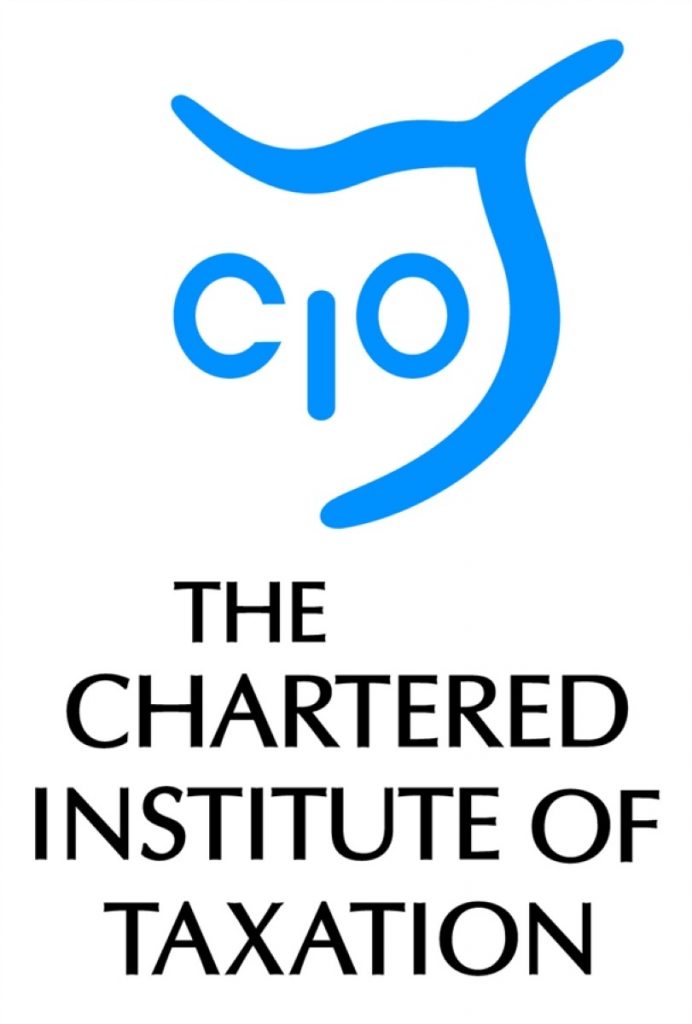CIOT: HMRC must lead effort to simplify tax repayment for the vulnerable
In a report released today1, the Low Incomes Tax Reform Group (LITRG) is urging HMRC, supported by the tax profession and the Office for Tax Simplification (OTS), to lead the fight in protecting vulnerable taxpayers by helping them to make informed and carefully considered choices about tax repayment.
Poor service and complexity has resulted in many disadvantaged taxpayers turning to unaffiliated refund organisations rather than HMRC as their first port of call in dealing with tax repayment. Some of these refund organisations can make it seem as though HMRC regulating them for money laundering purposes is some form of endorsement of their services, but it is not. Such organisations can be exploitative, often drawing in taxpayers with over-inflated promises. Deciding with whom to entrust personal data is an extremely important decision for taxpayers, and so LITRG is calling for a focus on simplification and education so that taxpayers have the knowledge to make informed decisions themselves.
LITRG’s Chairman, Anthony Thomas, said:
“The perception of tax services being difficult for individuals to access unaided has almost certainly resulted in certain tax refund organisations exploiting this gap; that perception may be hard to reverse in the short term. Part of the solution lies in limiting the number of people overpaying tax in the first place; printed and online guidance that is as easy as possible to navigate will be an important step towards achieving that.
“The ability to make informed choice comes through education. HMRC should take the lead in this area, supported by others in the tax profession and with the voluntary sector through grant aid. Education should focus on the importance of P45 and new starter (formerly P46) forms, changes to PAYE under the new Real Time Information (RTI) system and being proactive by aiming to ensure that tax is a feature of the school curriculum. The incentives are clear – minimising costs and the risk of fraud.
“There are other areas which will go some way to easing and simplifying the repayment system. RTI, for example, means that in due course there will be a significant improvement to the capacity of HMRC to minimise overpayments of tax through PAYE. The HMRC digital strategy, provided there are safeguards to protect those who may be digitally excluded, will also lead to greater online access to taxpayers’ records, for both individuals and agents.”
Notes to editors
1. LITRG’s report, The Tax Repayment System and Tax Refund Organisations, can be found here: http://www.litrg.org.uk/reports/2013/Refund_company_report
2. Experts from LITRG are available for interview or to provide background information. Please contact them via the contact details at the top of the page.
3. The Low Incomes Tax Reform Group (LITRG) is an initiative of the Chartered Institute of Taxation (CIOT) to give a voice to the unrepresented. Since 1998 LITRG has been working to improve the policy and processes of the tax, tax credits and associated welfare systems for the benefit of those on low incomes.
4. The Chartered Institute of Taxation (CIOT) is the leading professional body in the United Kingdom concerned solely with taxation. The CIOT is an educational charity, promoting education and study of the administration and practice of taxation. One of our key aims is to work for a better, more efficient, tax system for all affected by it – taxpayers, their advisers and the authorities. The CIOT’s work covers all aspects of taxation, including direct and indirect taxes and duties. Through our Low Incomes Tax Reform Group (LITRG), the CIOT has a particular focus on improving the tax system, including tax credits and benefits, for the unrepresented taxpayer.
The CIOT draws on our members’ experience in private practice, commerce and industry, government and academia to improve tax administration and propose and explain how tax policy objectives can most effectively be achieved. We also link to, and draw on, similar leading professional tax bodies in other countries. The CIOT’s comments and recommendations on tax issues are made in line with our charitable objectives: we are politically neutral in our work.
The CIOT’s 16,800 members have the practising title of ‘Chartered Tax Adviser’ and the designatory letters ‘CTA’, to represent the leading tax qualification.
James Knell
External Relations Officer
Chartered Institute of Taxation
Registered charity number 1037771
www.tax.org.uk
The Association of Taxation Technicians
Registered charity number 803480
Registered company number 2418331
VAT Registration Number 497 5390 90
www.att.org.uk
Low Incomes Tax Reform Group – an initiative of the Chartered Institute of Taxation
www.litrg.org.uk
1st Floor, Artillery House, 11-19 Artillery Row, London SW1P 1RT





-01.png)